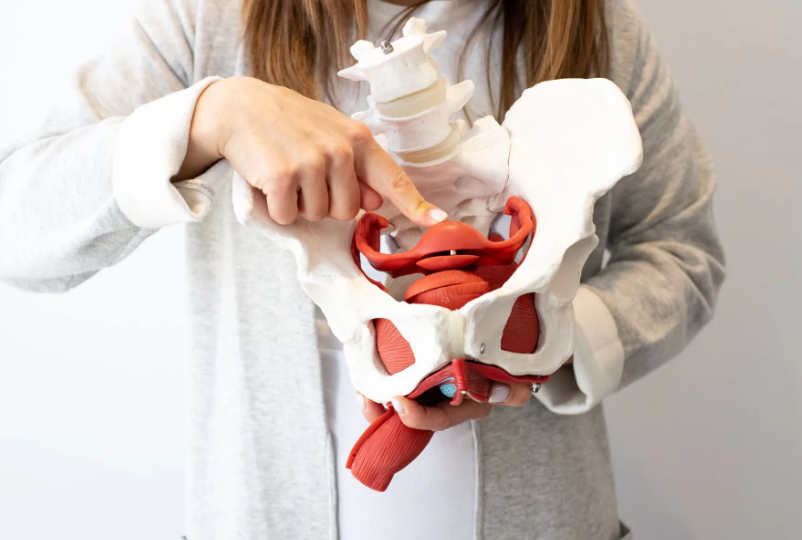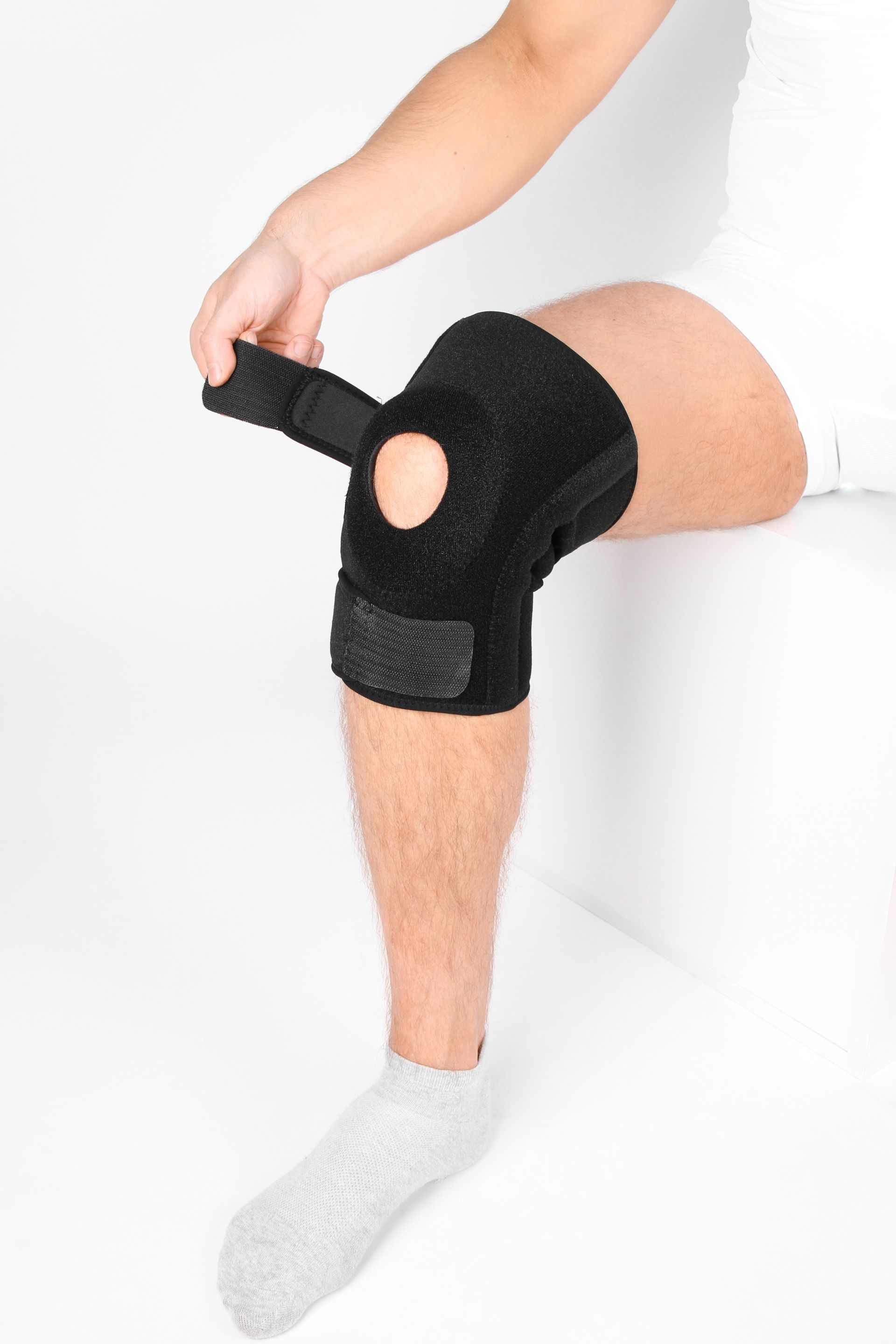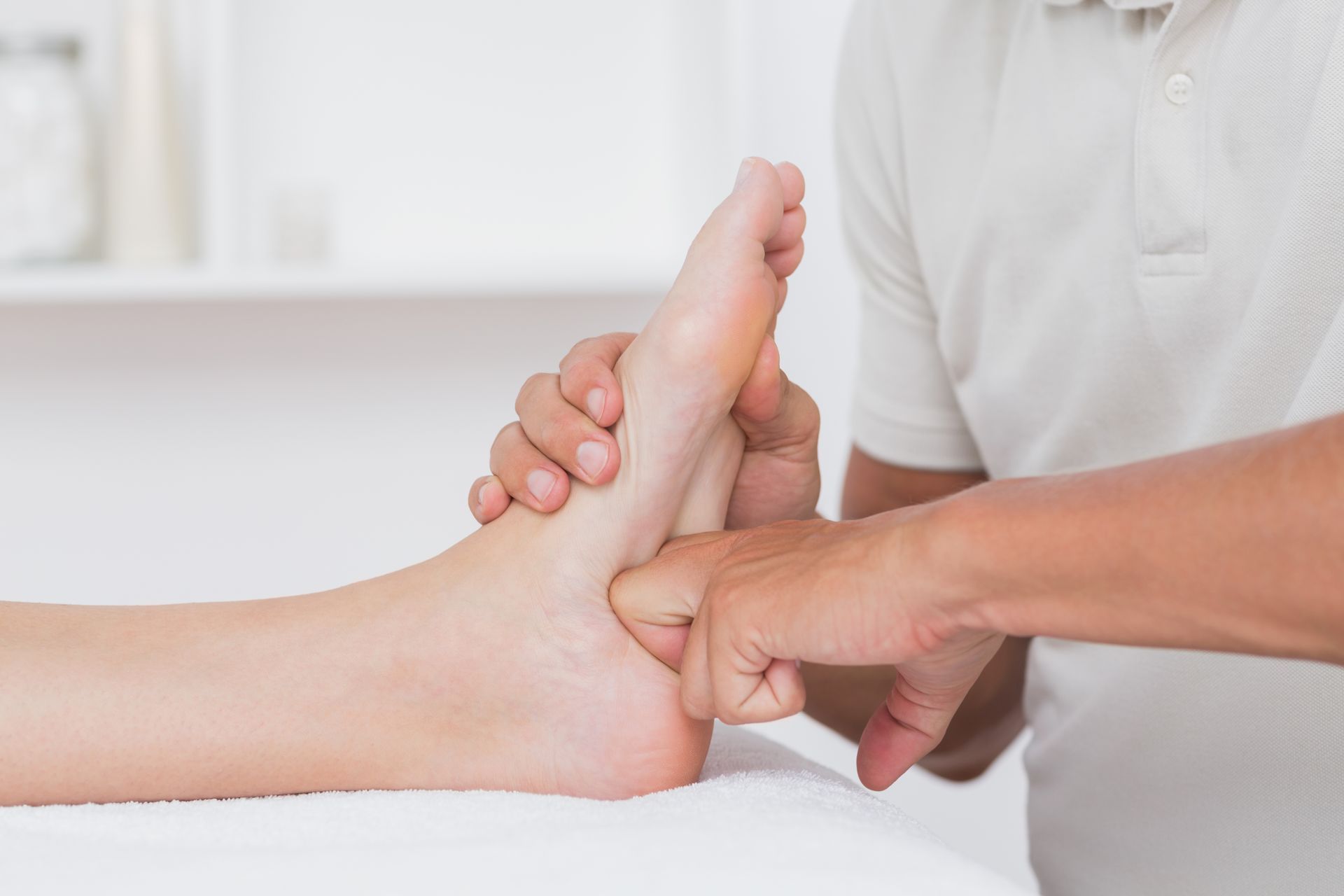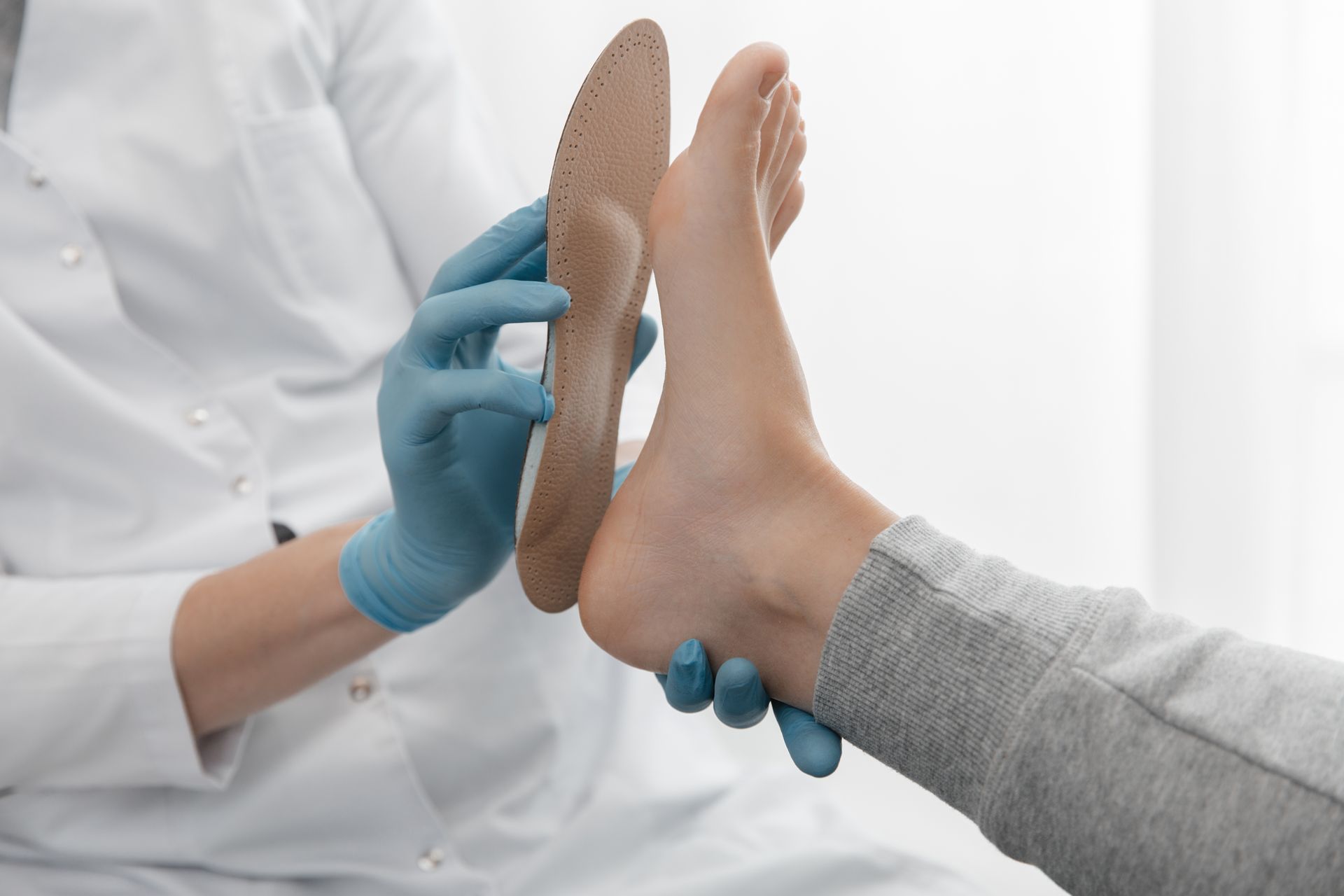Lifting Up: Understanding and Managing Pelvic Organ Prolapse
Empowering Recovery and Strength through Pelvic Health

Pelvic organ prolapse (POP) is a common condition that affects many women, particularly those who have given birth or are in their postmenopausal years. It occurs when one or more of the pelvic organs—such as the bladder, uterus, or rectum—descends into or through the vaginal canal due to weakening of the supporting muscles and tissues. Understanding the anatomy involved, the risk factors, and the role of physiotherapy is essential for both prevention and treatment. At Delta Physiotherapy and Rehab, our pelvic floor physiotherapist is well versed in treating this condition.
Anatomy and Mechanism
The pelvic floor is a group of muscles and ligaments that support the pelvic organs, which include the bladder, uterus, small bowel, and rectum. These muscles work like a hammock, holding these organs in place. When the pelvic floor weakens, it can no longer provide adequate support, causing the organs to slip out of their normal position—a condition known as pelvic organ prolapse.
Risk Factors
Several factors contribute to the development of POP. Childbirth, especially vaginal delivery, is one of the most significant risk factors, as the strain of labour can weaken the pelvic floor. Other contributing factors include aging, menopause (due to decreased estrogen levels), obesity, chronic coughing, constipation, and a history of pelvic surgery. Family history can also play a role, as some women may inherit a predisposition to weaker connective tissues.
Signs and Symptoms
Women with pelvic organ prolapse may experience a variety of symptoms, including a sensation of pressure or fullness in the pelvis, discomfort or pain during sexual intercourse, urinary incontinence, difficulty with bowel movements, and a visible bulge or protrusion from the vaginal opening. These symptoms can range from mild to severe and can significantly impact a woman’s quality of life.
How Physiotherapy Can Help
Physiotherapy plays a crucial role in both the prevention and treatment of pelvic organ prolapse. At Delta Physiotherapy and Rehab, our pelvic floor physiotherapist will do a thorough assessment to determine the correct course of action for you. Proactively, physiotherapists can guide women in strengthening or relaxing their pelvic floor muscles through targeted exercises. Whether you need strengthening or relaxation exercises (ex. reverse kegels) will be determined by the physio based on the aforementioned assessment. The strengthening exercises enhance muscle tone, providing better support for the pelvic organs. The relaxation exercises will teach you how to relax the internal muscles. Reactively, if a prolapse has already occurred, physiotherapy can help manage symptoms and potentially reduce the severity of the prolapse. Techniques such as biofeedback, electrical stimulation, and tailored exercise programs can be used to improve pelvic floor function, alleviate symptoms, and avoid the need for surgical intervention.
Pelvic organ prolapse is a manageable condition with the right approach. Understanding the anatomy, recognizing the risk factors, and engaging in proactive physiotherapy can help women maintain pelvic health and improve their overall well-being.
Book a free 15 minute consultation with us today at Delta Physiotherapy & Rehab at either of our convenient locations in Central Parkway or Dundas, Mississauga, and we will get you started on your healing journey!
Our Services
Delta Physiotherapy & Rehab Mississauga - Central Parkway
325 Central Parkway W, Unit 38, Mississauga, ON L5B 3X9
Phone: (905) 822-9898
Email:
info@deltaphysiotherapy.ca
Delta Physiotherapy & Rehab Mississauga - Dundas
2400 Dundas St W, Unit 16, Mississauga, ON L5K 2R8
Phone:
(905) 822-9898
© 2024 All Right Reserved. Delta Physiotherapy & Rehab Privacy Policy










